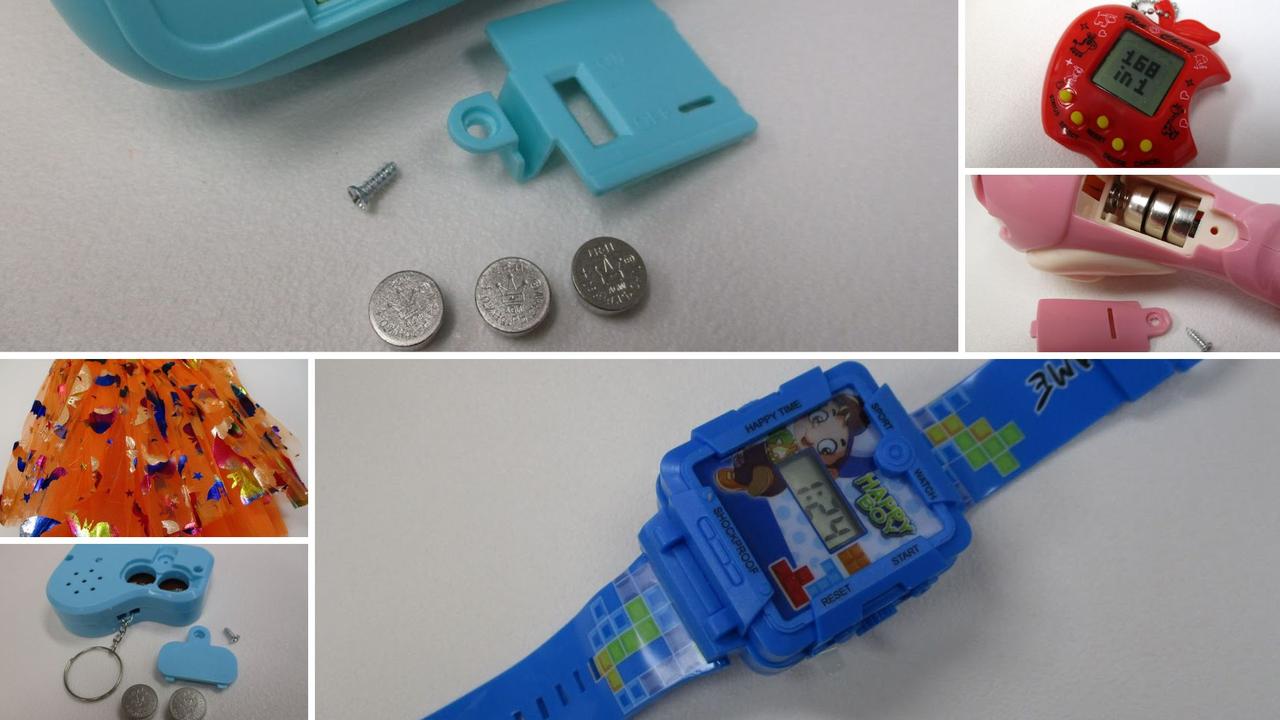New national evidence body to end classroom ideological battles
There are hopes a new national independent evidence body will help put an end to ideological battles and reverse Australia’s declining literacy and numeracy standards.

National
Don't miss out on the headlines from National. Followed categories will be added to My News.
Australia will be kick started into ‘21st century learning’ with the formation of a national education evidence body to be discussed at today’s Education Council meeting in Alice Springs.
It is hoped this institution will help put an end to ideological battles and reverse Australia’s declining literacy and numeracy standards.
Our fractured education system that allows various ideologies to dictate different ways of learning has contributed to varying standards and ways of teaching in our schools and means innovation stops at the school gate, experts say.
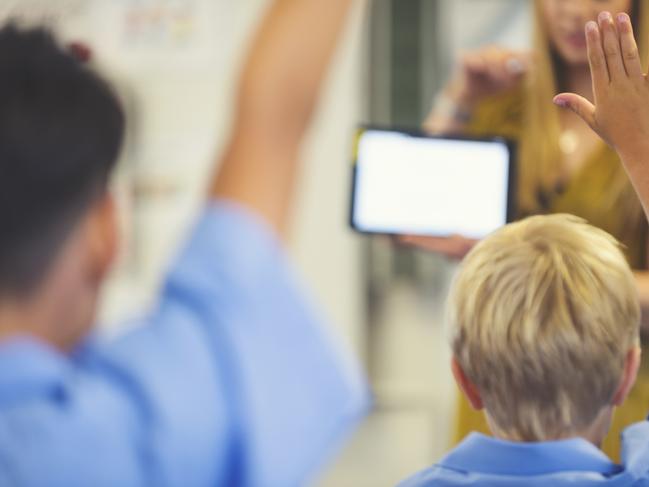
An independent national evidence institute is on the agenda at the Education Council and education leaders hope it will mean teachers can use research to improve school outcomes – in the same way doctors use evidence and best practice to inform their treatment.
Federal Education Minister Dan Tehan told News Corp the situation in Australia’s schools was now critical and he was asking ministers to speed up the implementation of the Gonski Reforms, which includes the evidence institute.
“Our hope is that this plan will be fully endorsed by states and territories and we all agree to get onto implementing it,” he said.
Mr Tehan said the introduction of the National Evidence Institute was overdue but was vital to turn around our education system so that it is “fit for the 21st century”.
MORE NEWS
‘We won’t forget this day’: Witnesses tell of the horror
Future of cash payments revealed
Optus outage hits bushfire regions
“It’s got to be practical, so we want the best evidence of what works to improve our school performance but we need it that is a way that is practical and can be rolled out into the classroom,” he said.
The Education Council meeting comes just one week after the 2018 Programme for International Student Assessment (PISA) report that showed Australian students are years behind other developed countries in reading, maths and science.
Leading education experts say the lack of a national body means there is a gap between educational outcomes across Australia and pockets of improvement can’t be extended nationally.
“Teachers don’t have access to the best information,” Associate Professor Glenn Savage, an expert in education reform from the University of Western Australia, said.
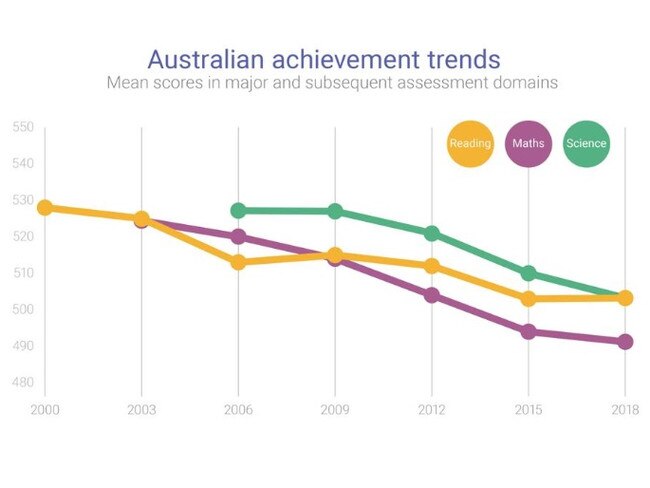
“They are not linked into the current heart of innovation. There are plenty of teachers doing amazing things and that can have an impact for teachers who are more disconnected – it could really drive the whole system forward.”
Director of Education at The Centre for Independent Studies, Dr Fiona Mueller, said: “We are not learning because we are not taking a national approach and that does a huge disservice to our students.
“Because every state is different in its approach to the teaching of literacy and numeracy we can’t actually point to any real national evidence and information that will tell us what we are achieving.”
The varied teaching of phonics was used as an example by Dr Peter Goss, from the Grattan Institute, of the lack of insight into teaching practices nationally.
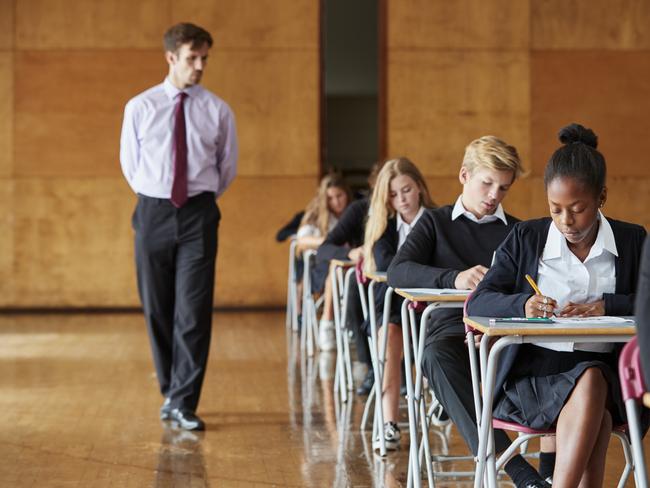
“We don’t know the percentage of where it is being used. We know in South Australia most teachers are using phonics of some description but there are big questions around whether they are using phonics effectively,” he said.
“It’s bizarre that we keep having a one sided conversation; we have lots of data about outcomes, including NAPLAN, but unless we can link that up to the teaching practices that contribute to those outcomes we can’t make systematic progress.”
Federal opposition spokeswoman Tanya Plibersek said an independent institute was needed to take politics out of the classroom.
“Enough of the fads and tired old arguments – let’s just get on and do what’s proven to work in the classroom. That’s common sense,” she said, adding that countries like the United Kingdom and Denmark had long had similar institutions that means teachers are equipped with the best and latest evidence – in the same way doctors are.
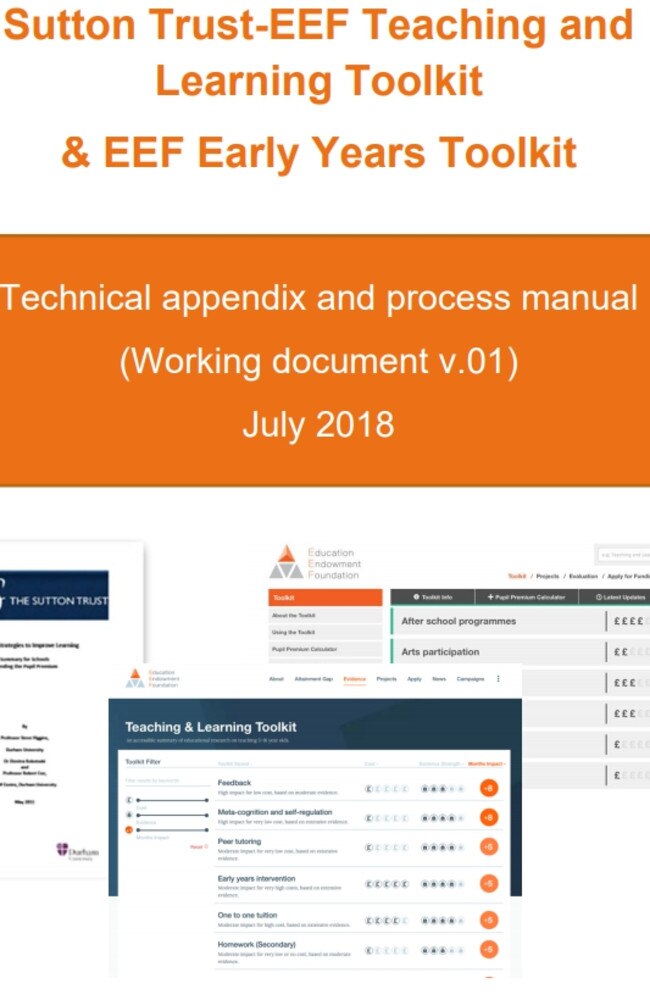
Australian Education Union Federal President Correna Haythorpe said if the NEI is to work it must place teachers at its heart: “They are the experts and they are quite often overlooked,” she said.
“Teachers don’t want a national body that mandates how to do their job – we want something that drives professional conversation around evidence base teaching and learning,” she said.
News Corp understands the body will be modelled on the NSW’s Centre for Education Statistics and Evaluation (CESE) and potentially merged with Education Services Australia.
CESE’s relieving director Sally Egan said in NSW evidence has been used to understand what works best in NSW classrooms and for NSW teachers.
“It means we can provide evidence and research to inform practice and policy to improve school practice.”
Originally published as New national evidence body to end classroom ideological battles


